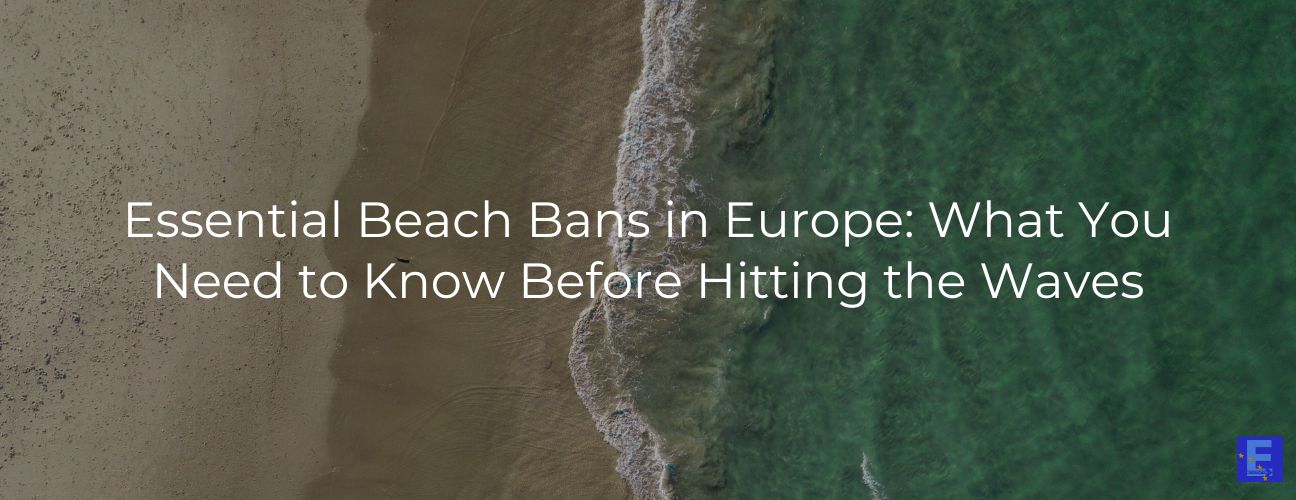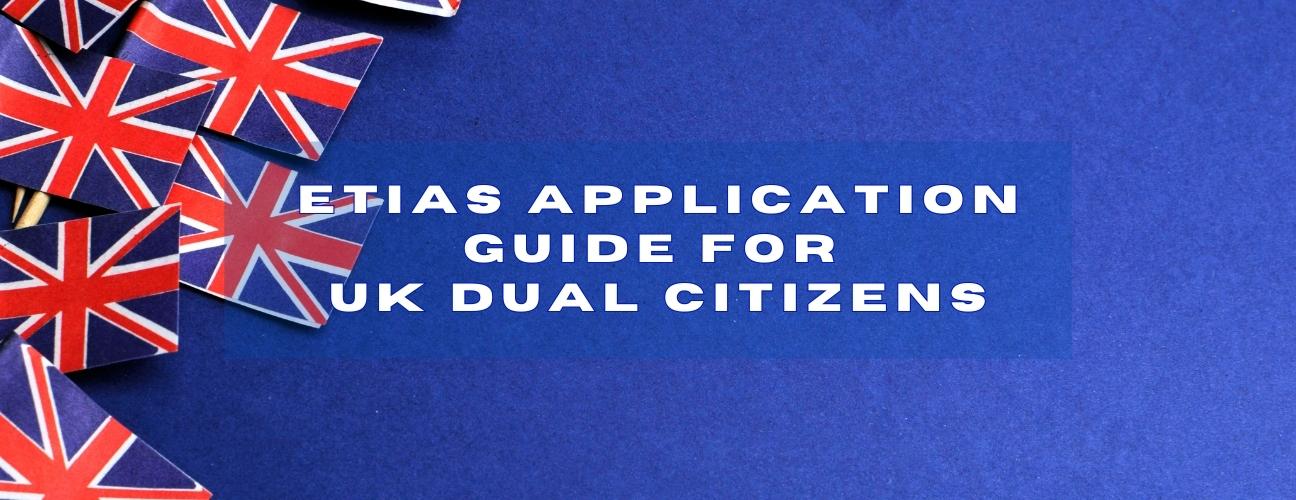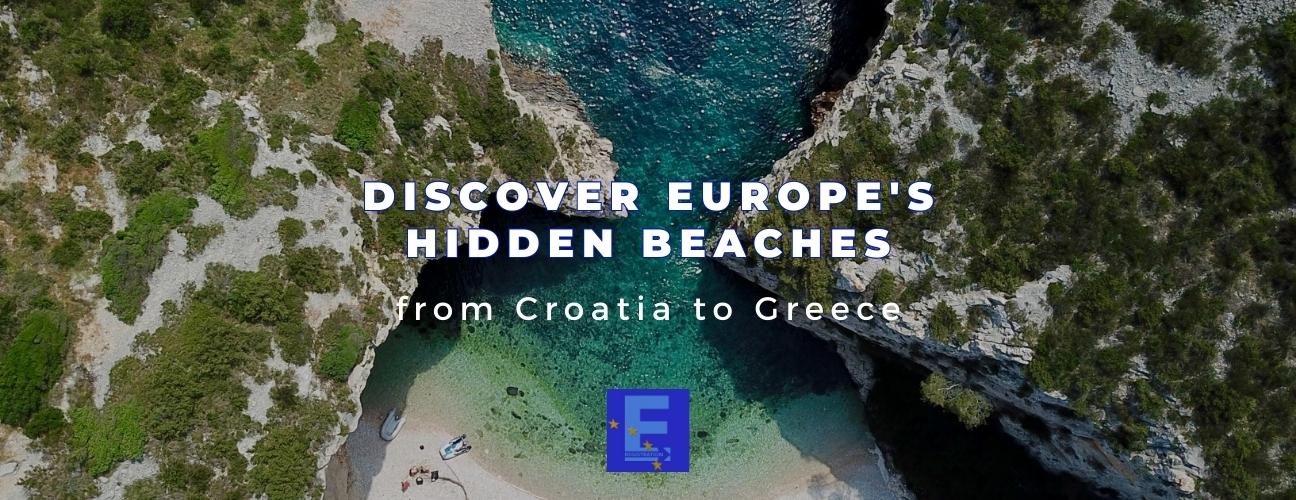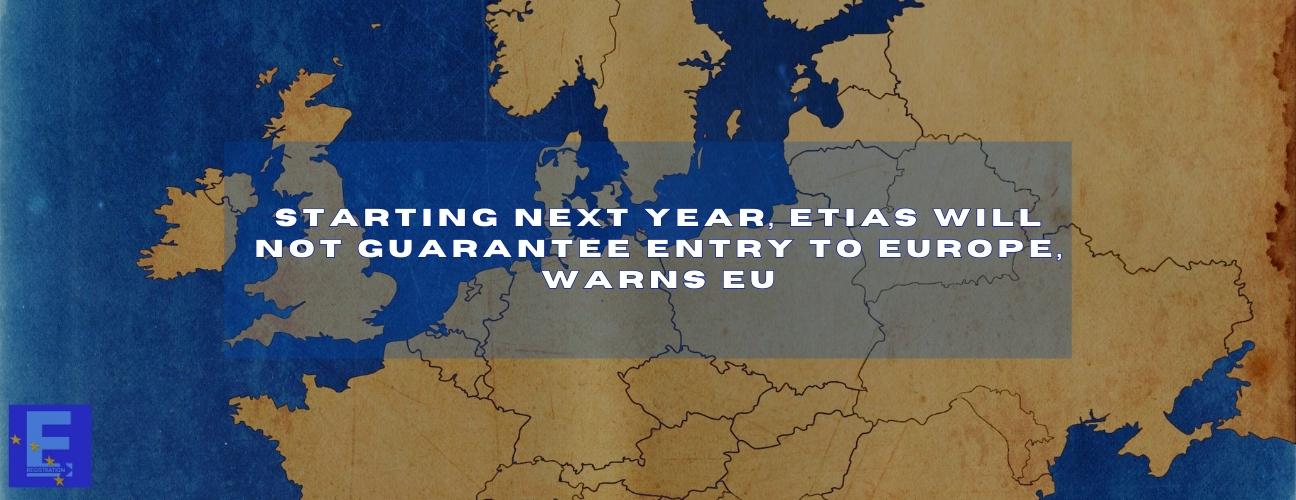As summer approaches and travelers eagerly plan their beach getaways to Europe, it’s important to be aware of certain beach bans that could affect your plans. While Europe is known for its stunning coastlines and crystal-clear waters, some beaches have implemented specific rules and restrictions to protect the environment, local communities, and ensure the safety of visitors. Here’s a guide to some of the key beach bans across Europe that you should know about before you pack your swimsuit.
1. Single-Use Plastics Ban
In an effort to combat pollution, many European countries have banned the use of single-use plastics on their beaches. This includes plastic straws, cutlery, and bags. Popular destinations like Greece, Italy, and Spain have strict regulations to keep their shores pristine. Visitors are encouraged to bring reusable items and be mindful of their waste.
2. No Smoking Zones
To reduce litter and promote public health, several European beaches have introduced smoking bans. France, for instance, has designated smoke-free zones on many of its beaches, including the famous beaches of the French Riviera. Violators may face fines, so it’s best to check local regulations and avoid lighting up in prohibited areas.
3. Alcohol Restrictions
Drinking on the beach is often seen as part of the vacation experience, but in some parts of Europe, there are restrictions on alcohol consumption. In cities like Barcelona and Dubrovnik, drinking on the beach is either restricted to certain areas or banned entirely. The goal is to reduce public disturbances and keep the beaches family-friendly. Be sure to enjoy your drinks in designated spots or local beach bars.
4. Pet Bans
While many European beaches welcome dogs, there are also several that enforce seasonal or year-round bans on pets. For instance, some of the popular beaches in Croatia and Portugal restrict pets during peak summer months to avoid crowding and ensure a pleasant experience for all visitors. If you’re traveling with a furry friend, make sure to research pet-friendly beaches in advance.
5. Dress Code Regulations
Certain beaches in Europe have implemented dress code rules, particularly when it comes to swimwear. In parts of Italy, for example, it’s illegal to walk around town in just a swimsuit. In more conservative areas, topless sunbathing may also be restricted. It’s wise to be aware of local customs and dress appropriately when leaving the beach.
6. Environmental Protection Zones
To preserve fragile ecosystems, some beaches have specific zones where access is restricted or limited. In places like the Cinque Terre in Italy or certain parts of the Balearic Islands, there are areas where visitors are asked not to enter or to follow strict guidelines to protect wildlife and plant life. Always pay attention to signs and respect these protected areas.
Preparing for Your Trip in 2025
As you plan your European beach getaway, it’s essential to stay informed about these beach bans to avoid any surprises. And starting in 2025, don’t forget that ETIAS (European Travel Information and Authorization System) will be in place. All travelers from visa-exempt countries will need to obtain an ETIAS authorization before visiting the Schengen Area. This new requirement is designed to enhance security and streamline the travel process.
Make sure to follow us for more updates on travel regulations, tips, and everything you need to know for your next European adventure!
















































